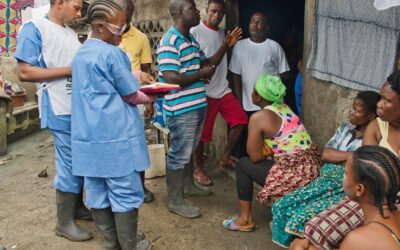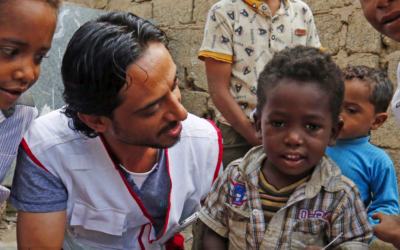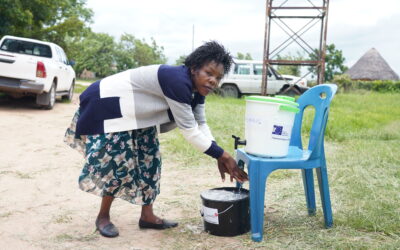Professor Abdool Karim presents data and insights about an uptick in cases in the region, particularly in South Africa. In the past, trends first identified in South Africa have been a preview of things to come in the region. Karim makes a compelling case for why he is concerned when he hears the phrase “living with the virus” which is sometimes extended to the idea that we can get back to living ‘normal’ lives. He says we should instead look at what it means to be “living smartly with the virus”.
To explore what the information presented by Prof Karim means for journalists and their storytelling, Internews Pandemic Media Mentor, Adele Baleta, invites you to a discussion about an issue she faces when pitching stories and which may be very real for you too: despite the data, editors say there is pandemic fatigue. Do you want to pitch COVID stories, but they seem stale? How is your newsroom treating the story? How do you think the story can be kept alive?




